
Empower Your Sole Proprietorship with the Best Accounting Software for Financial Success
The evolution of bookkeeping over time has peaked in this present age of technology. The existence of a virtual marketplace run by software has reduced
Home » Accounting & Finance

The evolution of bookkeeping over time has peaked in this present age of technology. The existence of a virtual marketplace run by software has reduced
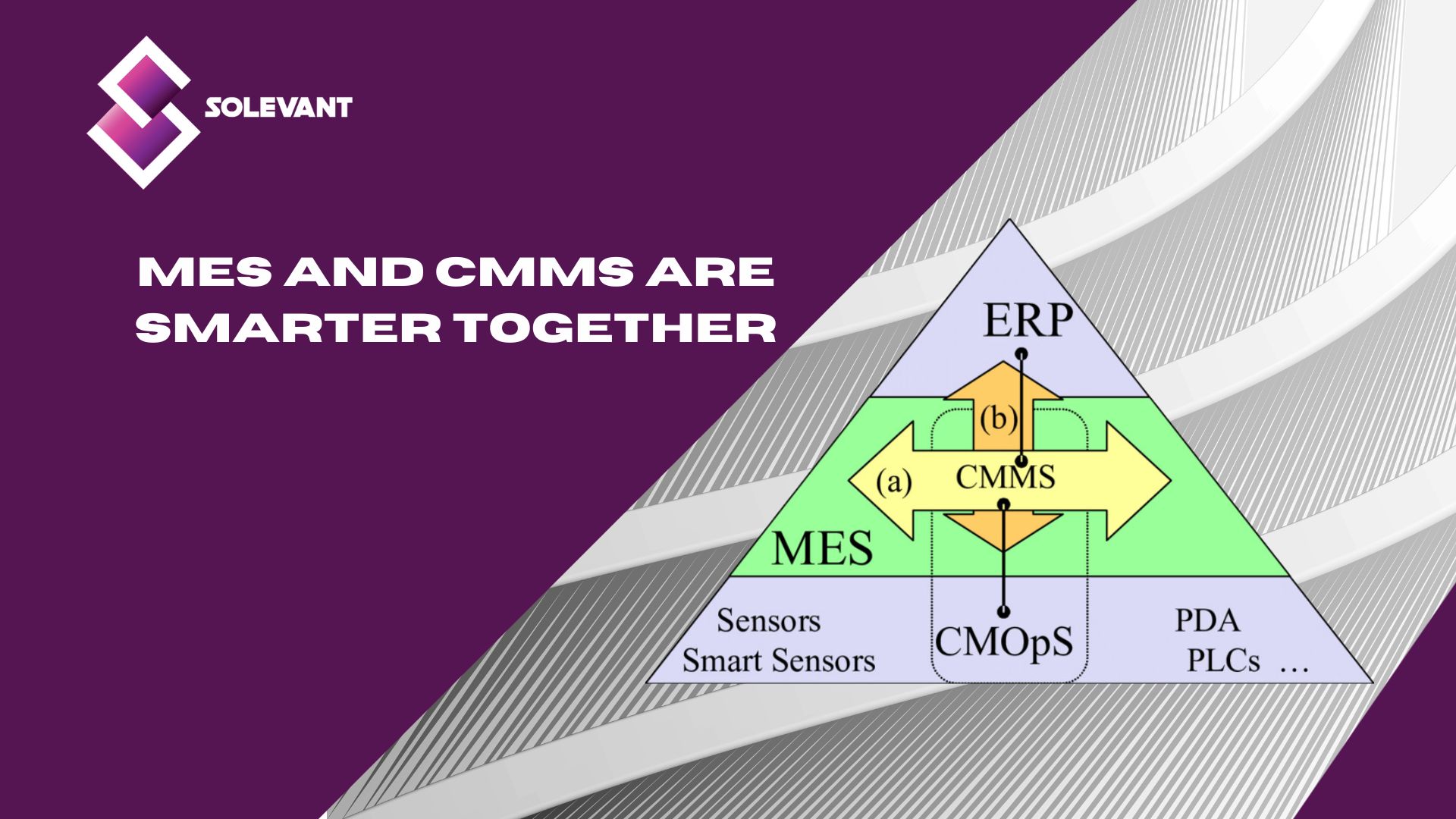
Discover the synergies between MES (Manufacturing Execution Systems) and CMMS (Computerized Maintenance Management Systems) for enhanced operational efficiency and asset maintenance in this insightful blog post.
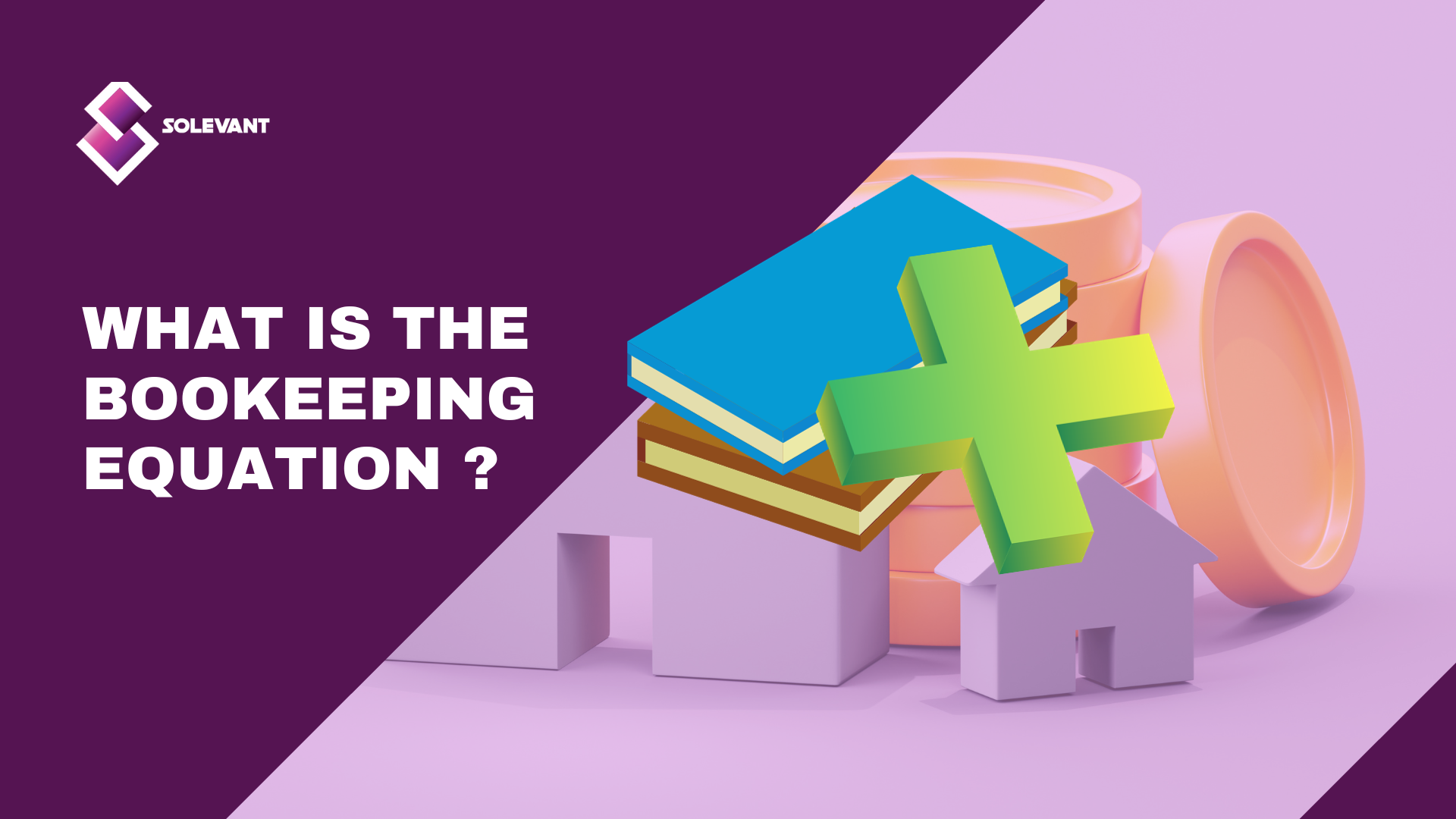
Unlock the bookkeeping equation’s mystery and bolster your financial understanding. Dive into our guide to grasp its significance in managing your business finances.
Like most business owners, you probably have a lot on your plate. And as if managing day-to-day operations wasn’t enough, you also have to worry
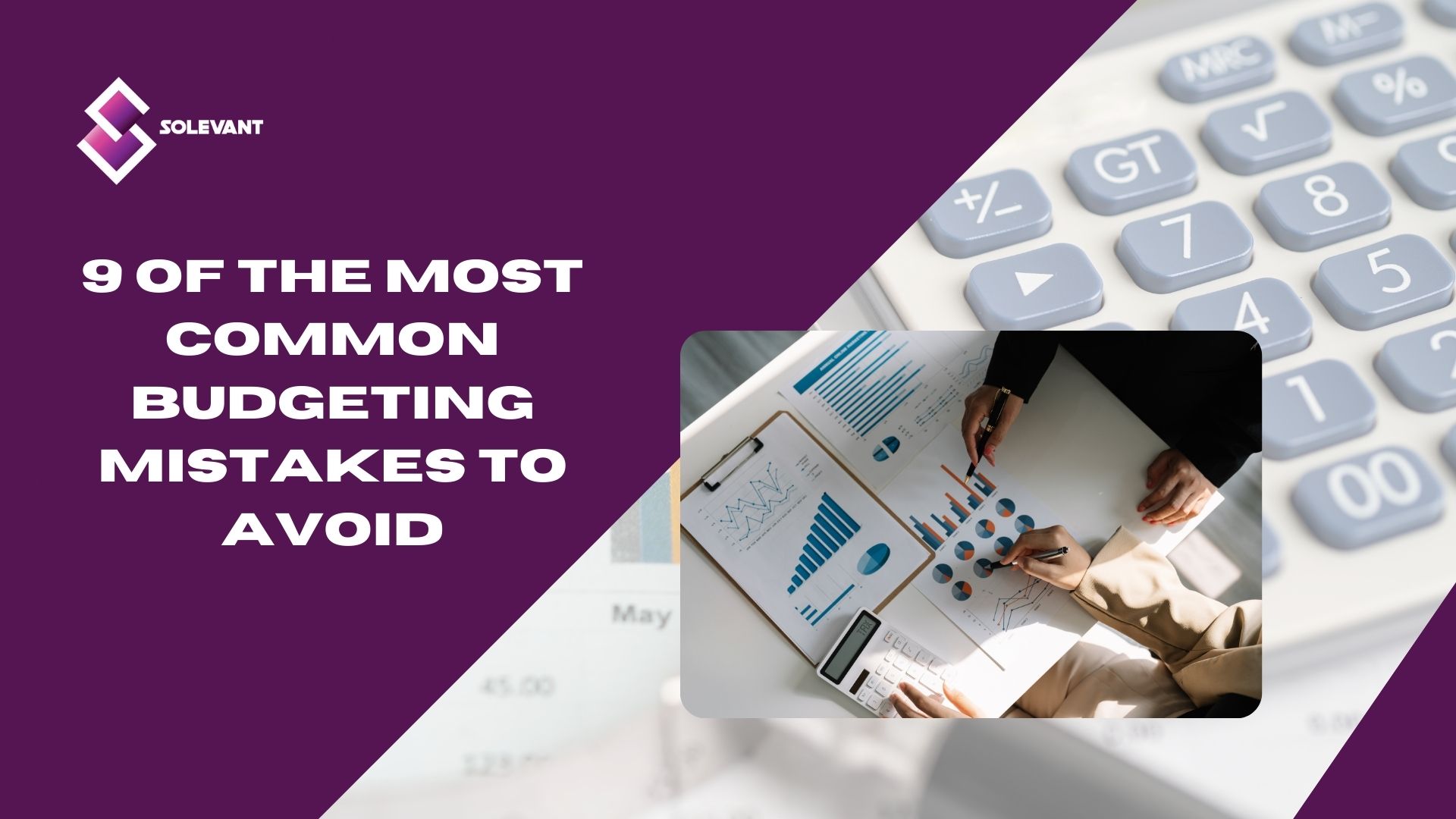
Learn the most common budgeting pitfalls to sidestep, ensuring your financial plan remains on track for success. Discover better money management today.
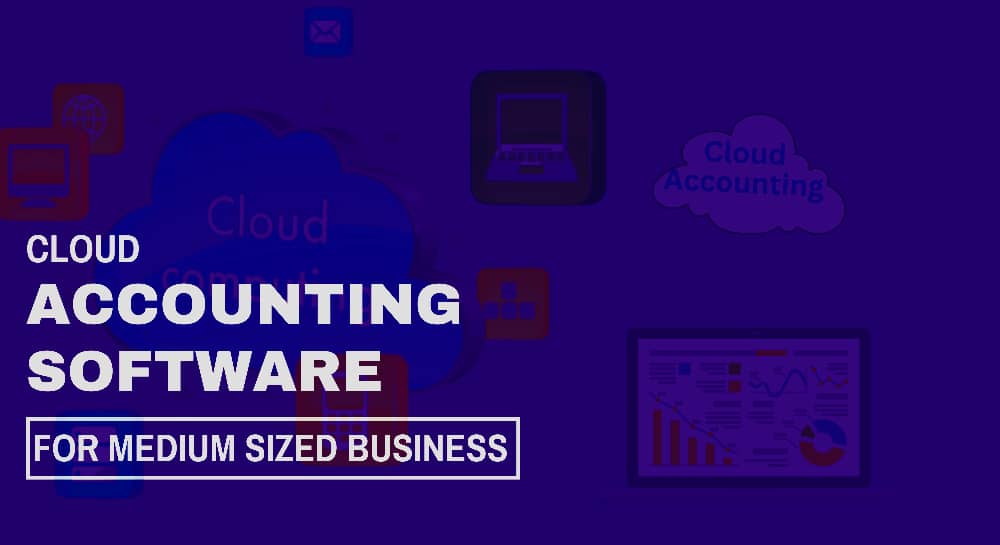
As businesses increasingly move to remote work, the demand for accounting software that can be accessed from anywhere has never been higher. An ever-increasing number
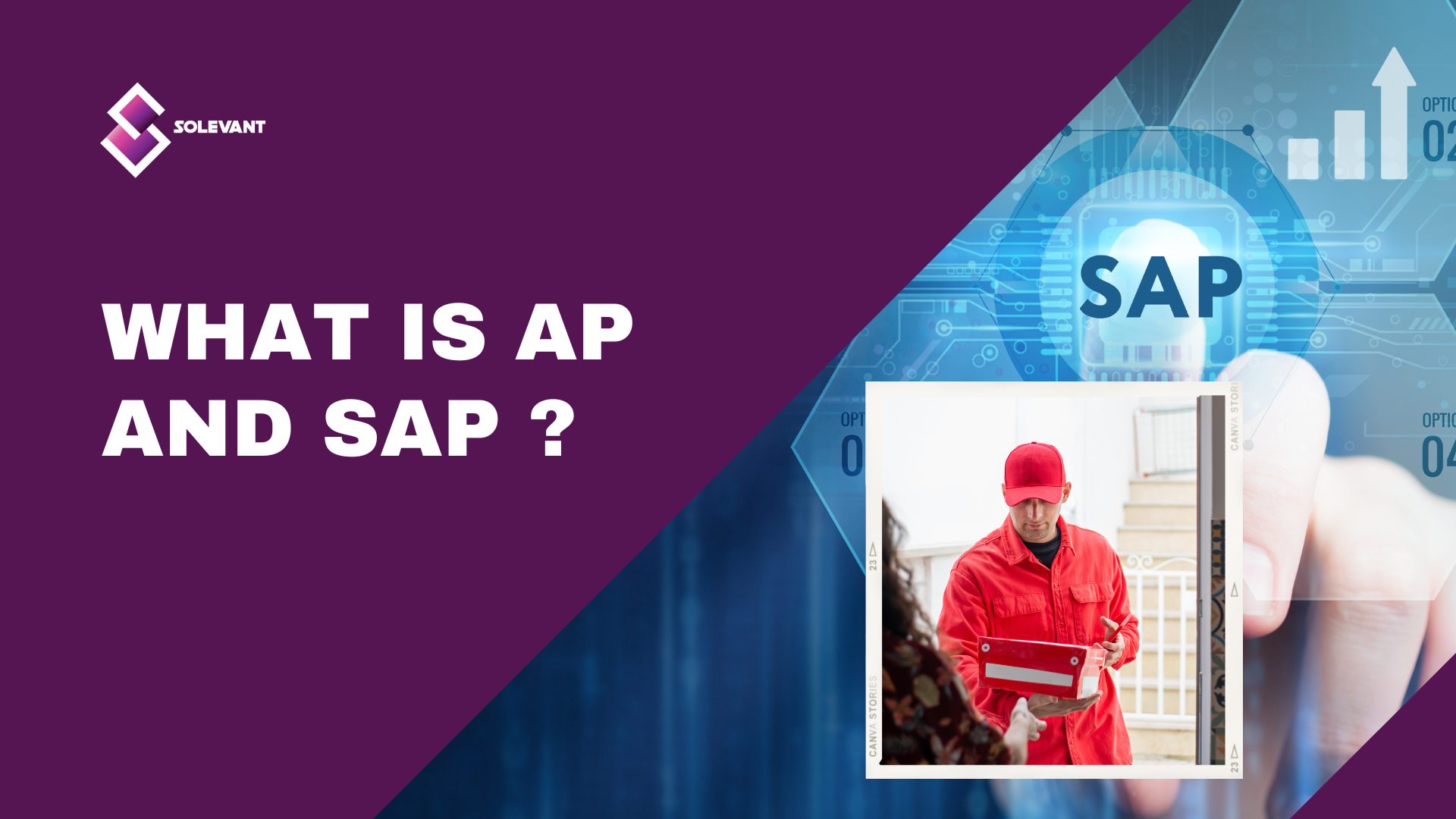
Explore the essential concepts of accounts payable (AP) and SAP, gaining insights into their roles in efficient financial management.
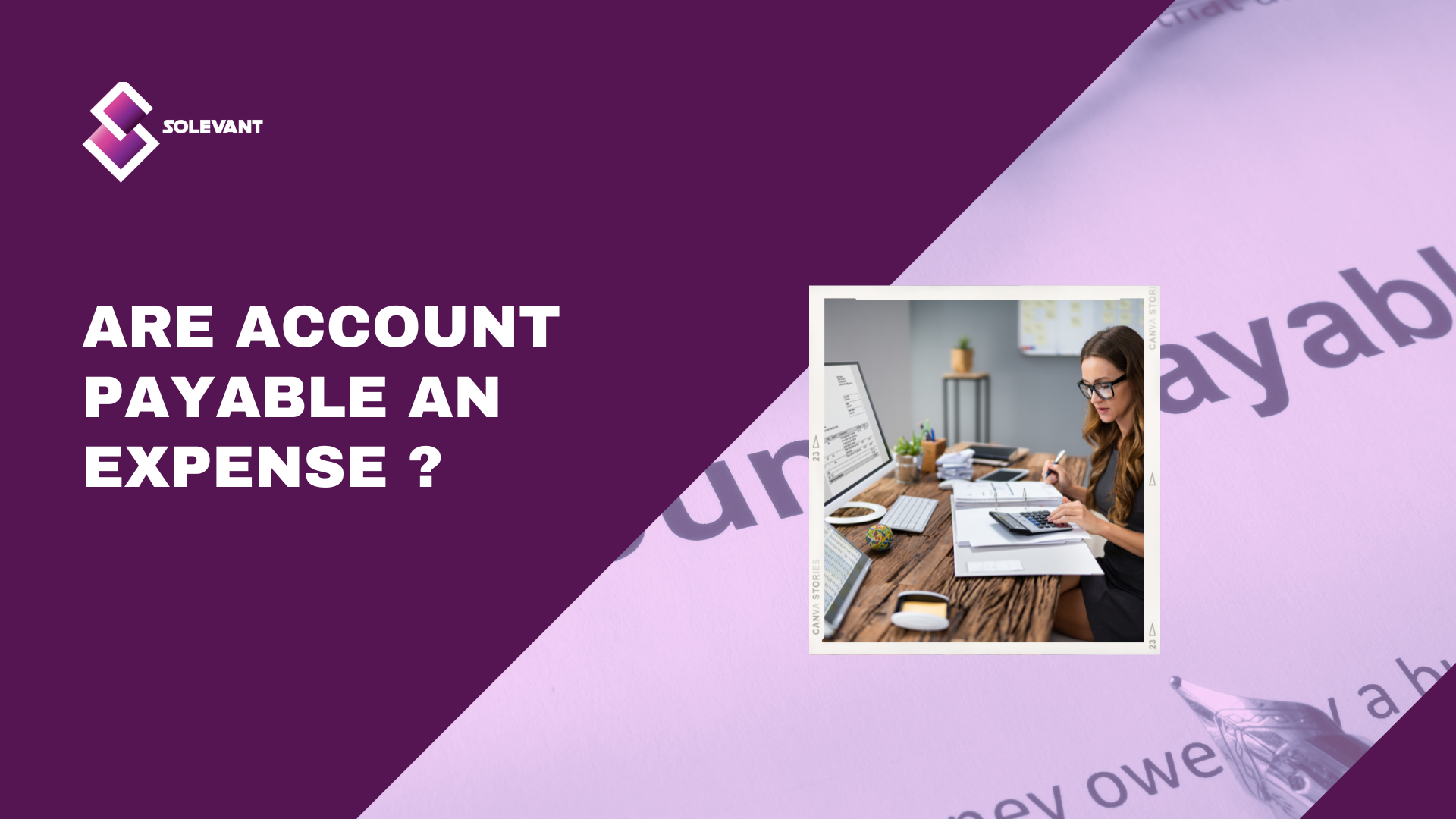
Explore the financial nuances of accounts payable and expenses and gain clarity on whether accounts payable are indeed considered expenses in this insightful guide.

Explore the ethical dimensions of accounting practice management, gaining insights into vital considerations that underpin financial integrity and professionalism.
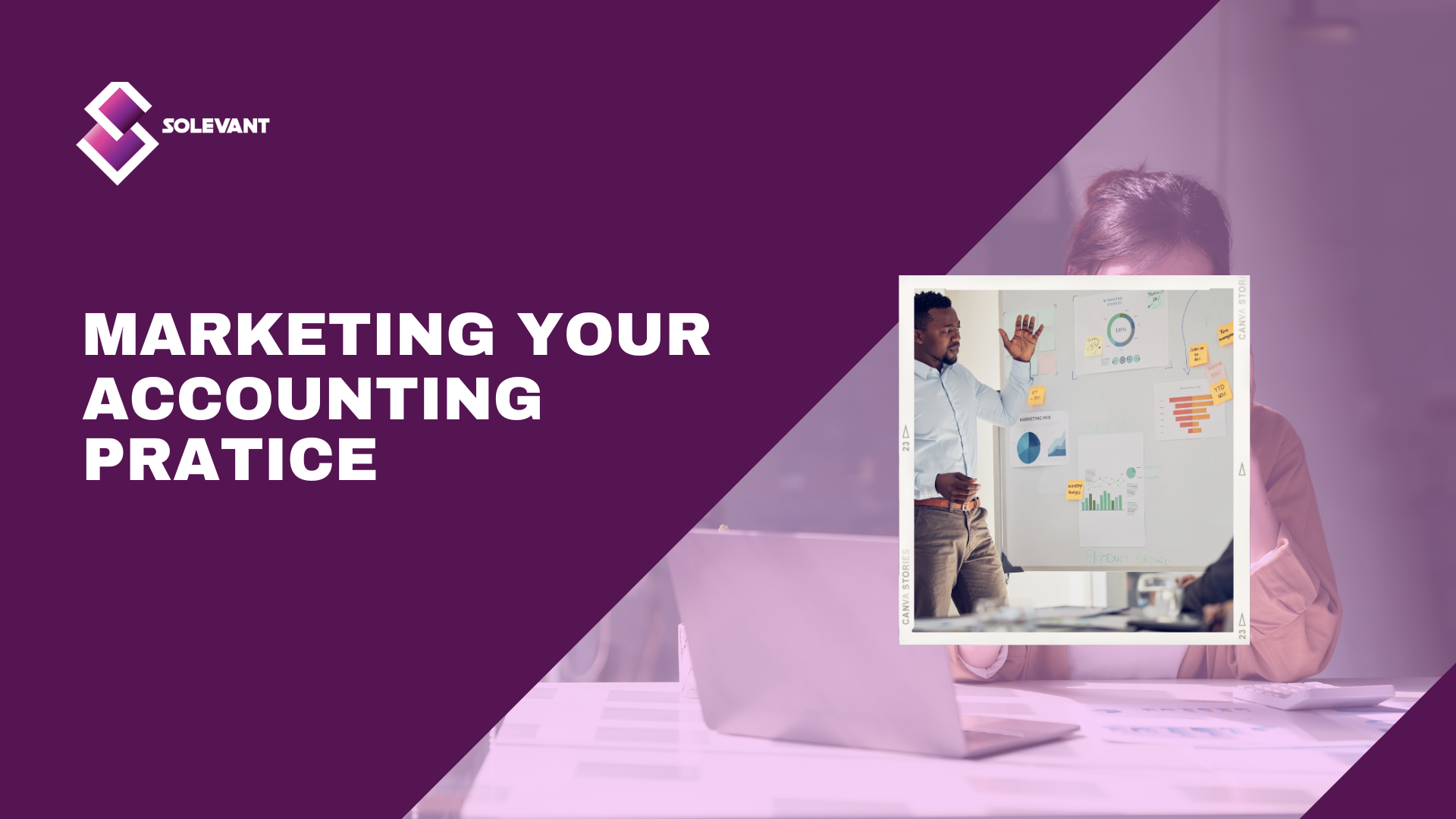
Elevate your accounting practice with effective marketing strategies. Discover actionable tips to foster practice growth and attract new clients.
Accounting and finance software are powerful tools that businesses utilize to manage their financial operations efficiently. These software solutions offer a range of features and functionalities to streamline accounting processes, make informed decisions, and ensure compliance with regulations.
Many companies use accounting software to handle day-to-day financial transactions such as bookkeeping, invoicing, payroll management, and tax calculations.
It simplifies these tasks, saving time and reducing the risk of errors.
Additionally, finance software provides a broader perspective on financial management, including budgeting, financial planning, and analysis.
In the ever-evolving landscape of technology, there is a plethora of options available for businesses to choose from when it comes to accounting and finance software.
Cloud accounting software has gained popularity due to its flexibility and accessibility. It allows users to access their financial data online from anywhere at any time.
This provides businesses with the convenience of real-time information and the ability to collaborate with team members remotely.
With the help of financial management software, companies can track expenses, generate comprehensive financial reports, and gain valuable insights into their overall financial health.
This enables them to identify areas for improvement and make data-driven decisions to enhance performance and efficiency. The integration of accounting and finance software ensures that all financial data is centralized and accessible, making it easier for businesses to maintain accurate records and comply with auditing requirements.
Accounting and finance software plays a vital role in managing the financial aspects of businesses. There are several distinct types of accounting and finance software tailored to meet the specific needs of organizations.
Budgeting software empowers businesses to plan and manage their financial resources efficiently. It allows organizations to establish financial goals, allocate funds to various departments or projects, and monitor spending to ensure adherence to budgets.
Small business accounting software is designed to cater to the unique needs of smaller enterprises. These platforms often encompass features such as invoicing, inventory management, and financial reporting, equipping small business owners with the necessary tools to manage their finances effectively.
Enterprise accounting software is tailored for larger organizations with more intricate financial requirements. It offers advanced features like multi-currency support, consolidation of financial data from multiple subsidiaries or business units, and customizable reporting options to meet the demands of complex financial operations.
Cloud accounting software has gained popularity recently for its flexibility and convenience. It enables businesses to access financial data from any device with an internet connection. This type of software supports real-time collaboration among team members and provides automatic backups of financial data for enhanced security.
In addition to the above categories, specialized accounting and finance software solutions are available, including:
Each of these accounting and finance software types serves a specific purpose, and businesses can choose the one that best aligns with their unique financial requirements and operational scale.
Accounting and finance software offer numerous advantages to businesses and financial professionals. These tools can streamline financial processes, enhance accuracy, and improve decision-making. Here are some key benefits of using accounting and finance software:
Accounting and finance software automates many manual tasks, such as data entry, invoice processing, and reconciliation. This automation reduces the risk of errors and frees up valuable time for financial professionals to focus on strategic activities.
The software’s automation and built-in validation checks help minimize human errors, ensuring that financial records and calculations are accurate. This accuracy is crucial for compliance and decision-making.
Many accounting and finance software solutions provide real-time access to financial data. This allows businesses to make informed decisions quickly and respond to financial changes as they happen.
Generating financial reports is simplified with software tools. Users can easily create customized reports, including balance sheets, income statements, and cash flow statements. This streamlines financial analysis and reporting processes.
Accounting and finance software often include features to help businesses comply with accounting standards and tax regulations. This ensures that financial records are maintained in accordance with legal requirements.
While there is an initial investment in accounting and finance software, the long-term cost savings can be significant. These tools reduce the need for additional staff and minimize the risks associated with financial errors.
As businesses grow, their financial needs evolve. Accounting and finance software can adapt to changing requirements, making it easy for companies to scale up their financial management capabilities.
Software solutions offer data security features to protect sensitive financial information. Encryption, access controls, and data backups help safeguard financial data from unauthorized access and loss.
Many accounting and finance software platforms support collaboration among team members. This allows multiple users to access and work on financial data simultaneously, fostering teamwork and efficiency.
Audit trails within the software help track changes and actions related to financial data. This feature is invaluable for ensuring transparency and accountability in financial management.
When considering accounting and finance software for your business, cost is a critical factor that can vary depending on various aspects, including features, business size, and software type.
Small businesses often prefer cost-effective accounting software that addresses fundamental needs like bookkeeping, invoicing, and expense tracking. These solutions are designed to be user-friendly and budget-friendly, making them ideal for start-ups and small enterprises.
Larger businesses with more complex financial requirements may opt for enterprise accounting software. These solutions offer advanced features such as financial reporting, budgeting, and financial analysis tools. Although they come with a higher initial cost, the benefits in terms of efficiency and accuracy can significantly outweigh the investment.
Cloud accounting software has gained popularity due to its flexibility and scalability. With cloud-based solutions, businesses can access their financial data and perform accounting tasks from anywhere with an internet connection. This eliminates the need for expensive hardware and IT infrastructure, resulting in lower overall costs.
The cost of accounting and finance software can also be influenced by the payment model. Some software is available as a one-time purchase, requiring a larger upfront payment but no recurring fees. In contrast, subscription-based software entails monthly or annual payments. The choice between these models depends on the business’s budget and specific needs or requirements.
| Factors | Small Business Accounting Software | Enterprise Accounting Software | Cloud Accounting Software |
| Cost | Affordable | Higher cost | Lower overall costs |
| Features and Functionalities | Basic needs: bookkeeping, invoicing, expense tracking | Advanced features: financial reporting, budgeting, financial analysis tools | Flexibility and scalability |
| Business Size | Small businesses | Larger businesses | All businesses |
| Payment Model | One-time purchase | One-time purchase | Subscription-based |
Accounting and finance software serves a diverse group of users, including individuals, businesses, and financial institutions, across various industries. Each user category benefits from these software solutions in distinct ways.
Small business owners rely on accounting and finance software to efficiently manage their financial transactions and records. These software tools provide essential features like bookkeeping, invoicing, and budgeting. Small business accounting software empowers them to maintain accurate financial records and make informed decisions for their enterprises.
Finance professionals, including accountants, financial analysts, and Chief Financial Officers (CFOs), heavily depend on accounting software. These professionals use accounting software to streamline financial processes, generate reports, perform financial analysis, and ensure compliance with accounting regulations. The software assists in managing complex financial data effectively.
Large enterprises and corporations turn to enterprise accounting software to address their complex financial needs. These software solutions offer advanced features like financial reporting, consolidation of financial statements, and integration with other business systems. They play a pivotal role in managing intricate financial operations within these organizations.
Individuals interested in managing their personal finances efficiently also utilize accounting and finance software. Personal finance software allows individuals to track their expenses, create budgets, and monitor their investments. These tools assist individuals in making informed and wise financial decisions, ultimately contributing to financial well-being.
Financial institutions, such as banks and credit unions, employ accounting and finance software to manage their financial transactions and maintain accurate records. These software solutions enable them to automate processes, reconcile accounts, and generate financial statements efficiently. They are crucial for the smooth and accurate operation of financial institutions.
There are several accounting software solutions available, catering to a wide range of business and individual needs. Here are some popular options:
QuickBooks is a widely used accounting software known for its user-friendly interface and comprehensive features. It is suitable for small businesses, freelancers, and accountants. QuickBooks offers capabilities such as bookkeeping, invoicing, expense tracking, and financial reporting.
Sage Intacct is an ideal choice for larger corporations and enterprises. This cloud-based accounting solution provides advanced financial management features, including multi-entity consolidation, project accounting, and revenue recognition. It also offers integration with other business systems, making it a powerful tool for managing complex financial needs.
Xero is known for its robust features and ease of use. It offers a wide range of functionalities, including invoicing, bill payment, payroll management, and inventory tracking. Xero has a strong ecosystem of integrations, allowing businesses to connect with other tools and services for seamless financial management.
For personal finance management, Mint is a popular choice. Mint enables individuals to track their expenses, create budgets, and set financial goals. It also provides insights and recommendations to help users make better financial decisions.
When it comes to choosing the right accounting and finance software for your business or personal needs, it’s important to consider the features that each software offers. With the wide range of options available in the market, finding the right software can help streamline your financial processes and improve overall efficiency.
These features enhance the functionality of accounting and finance software, providing comprehensive solutions for managing financial processes, ensuring compliance, and making informed financial decisions.
| Feature | Description |
| Financial Reporting | Generate detailed reports on financial performance, including revenue, expenses, and profitability. These reports provide insights for informed decision-making and areas for improvement. |
| Expense Tracking | Easily record and categorize business expenses to track where money is spent. Analyze spending patterns and identify cost-saving opportunities for improved financial management. |
| Invoicing Software | Create and send professional invoices to clients or customers, streamlining the payment process. Track unpaid invoices and send reminders for overdue payments, enhancing efficiency. |
| Budgeting Software | Create and manage budgets, allocate funds to categories, and track actual spending against budgeted amounts. Gain a clear picture of financial health and make necessary adjustments. |
| Tax Management | Simplify tax-related tasks by managing tax obligations, deductions, and credits. Ensure compliance with tax laws and regulations, reducing the risk of errors or audits. |
| Bank Reconciliation | Automatically reconcile bank statements with accounting records, ensuring accuracy in financial data. Identify discrepancies and discrepancies for resolution. |
| Payroll Processing | Efficiently process employee payroll, including calculating wages, taxes, and deductions. Ensure accurate and timely salary payments, and maintain compliance with labor laws. |
| Financial Analysis | Perform in-depth financial analysis, such as ratio analysis and trend analysis, to assess the financial health of a business or personal finances. Use this data for strategic planning. |
| Asset Management | Keep track of assets, depreciation, and amortization. This feature is vital for businesses that own physical assets and need to manage their lifecycle and financial impact. |
| Forecasting | Use predictive modeling and historical data to create financial forecasts, helping businesses and individuals plan for future financial goals and potential challenges. |
Accounting software integrations play a vital role in streamlining and optimizing your financial processes. By integrating your accounting software with other essential tools, you can enhance your efficiency, accuracy, and productivity.
Let’s explore some important integrations that can benefit your business.
| Integration | Description |
| Payroll Software Integration | Seamlessly sync your accounting software with your payroll management solution. This integration automates the recording and updating of payroll data, including employee salaries, taxes, and deductions, reducing manual data entry, errors, and saving time. |
| Expense Tracking Integration | Integrate your accounting software with an advanced expense tracking tool to automatically import and categorize business expenses. This integration provides real-time insights into spending patterns and supports informed decisions to control costs. |
| Invoicing Software Integration | Simplify billing and invoicing by integrating your accounting software with a robust invoicing tool. This integration enables the creation and direct sending of professional invoices, ensuring accuracy and timeliness, improving cash flow, and reducing payment delays. |
| Financial Reporting Integration | Generate comprehensive financial reports with ease by integrating your accounting software with a financial reporting tool. This integration enables data-driven decision-making based on accurate and up-to-date information, leading to improved financial management and business success. |
| Tax Software Integration | Integrate accounting software with tax management tools to simplify tax preparation, compliance, and reporting. This integration ensures accurate calculations, timely submissions, and adherence to tax laws and regulations. |
| Bank Integration | Connect your accounting software with your bank accounts for automatic transaction syncing. This integration provides real-time visibility into financial transactions, streamlines bank reconciliation, and reduces manual data entry. |
| Inventory Management Integration | Combine accounting software with inventory management tools to track inventory levels, costs, and sales. This integration supports accurate financial reporting and inventory control, enhancing overall business performance. |
| Customer Relationship Management (CRM) Integration | Integrate accounting software with CRM systems to link financial data with customer interactions. This integration aids in customer-focused financial decisions, sales forecasting, and revenue tracking. |
When implementing accounting and finance software, several potential issues may arise. These issues can affect the software’s complexity, integration capabilities, data security, internet connectivity, and user learning curve.
The complexity of implementing accounting and finance software can pose a significant challenge for businesses, particularly those with limited technical expertise. Setting up and configuring the software can be intricate, leading to delays and errors in the financial management process.
Many accounting and finance software solutions may not seamlessly integrate with other systems and tools, such as payroll, invoicing, or expense tracking software. This lack of integration can result in manual data entry and potential discrepancies. It is time-consuming and increases the risk of errors in financial data.
Given the sensitive and confidential nature of financial information, data security is a paramount concern. Businesses must ensure that the accounting and finance software they use has robust security measures in place to protect against unauthorized access or data breaches, safeguarding financial data integrity.
Cloud-based accounting software often relies on internet connectivity. In cases of internet outages or unstable connections, the financial management process can be disrupted, impacting productivity. It is essential to have contingency plans in place to address connectivity issues.
New accounting and finance software can present a steep learning curve for some users. Training and support may be required to fully comprehend and utilize all the features and functionalities of the software. Ensuring that users are proficient in using the software is crucial for efficient financial management.
To address these potential issues effectively, businesses should consider the following steps:
Carefully assess the software’s compatibility with existing systems and tools to ensure seamless integration and minimize data entry challenges.
Evaluate the level of technical support provided by the software vendor. Responsive customer support can be invaluable in resolving technical issues promptly.
Choose accounting and finance software that offers robust security measures to protect sensitive financial data from breaches and unauthorized access.
Consider backup options to address internet connectivity issues, such as offline capabilities or secondary internet connections.
Provide comprehensive training and ongoing support to users to help them maximize the benefits of the software and overcome any learning curve challenges. This ensures efficient utilization of the software’s features and functionalities.
The accounting and finance software industry is constantly evolving to address the changing needs and demands of businesses. Several key trends are shaping the landscape of this industry:
The demand for cloud-based solutions in accounting and finance is on the rise. Cloud accounting software enables businesses to access their financial data from anywhere, at any time, eliminating the need for physical servers or on-site installations. This flexibility and accessibility are particularly beneficial for small businesses and remote teams, enabling real-time collaboration and data access.
The integration of artificial intelligence (AI) and machine learning (ML) in accounting and finance software is transforming the industry. AI and ML technologies automate repetitive tasks, such as data entry and reconciliation, and provide predictive analytics. This automation not only reduces manual work but also enables businesses to make more informed financial decisions, improving accuracy and efficiency.
Mobile accounting apps are gaining popularity among users. These apps empower individuals and businesses to manage their finances on the go. They offer features like expense tracking, invoicing, and financial reporting, all accessible from smartphones or tablets. This trend reflects the increasing need for flexibility and convenience in financial management.
There is a growing emphasis on data analytics within accounting and finance software. Advanced reporting and analysis tools allow businesses to gain deeper insights into their financial performance, identify trends, and make data-driven decisions. This trend highlights the importance of leveraging data for strategic decision-making and performance optimization.
Blockchain technology is making a significant impact on the accounting and finance sector. Blockchain ensures secure and transparent transactions, guaranteeing the accuracy and immutability of financial data. This technology has the potential to enhance trust and integrity in financial transactions, particularly in areas such as auditing and compliance.
These accounting and finance software trends are reshaping the industry and providing businesses with opportunities to streamline financial management processes, enhance data security, and gain valuable insights for driving growth and success. As technology continues to advance, businesses are better equipped to meet the evolving financial needs of a dynamic and competitive business environment.
In addition to core accounting and finance software, there is a wide array of complementary software and services that play essential roles in managing financial processes and tasks.